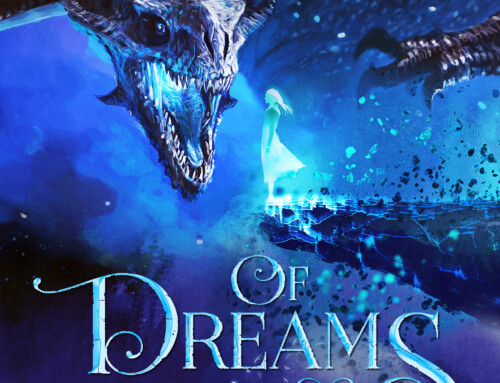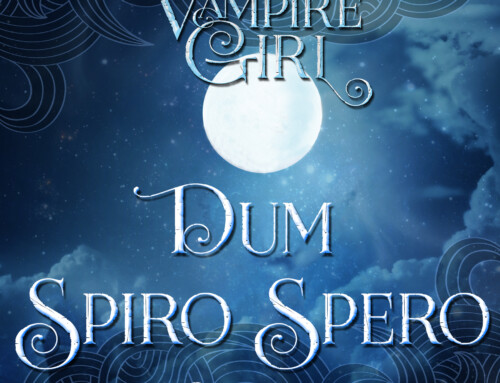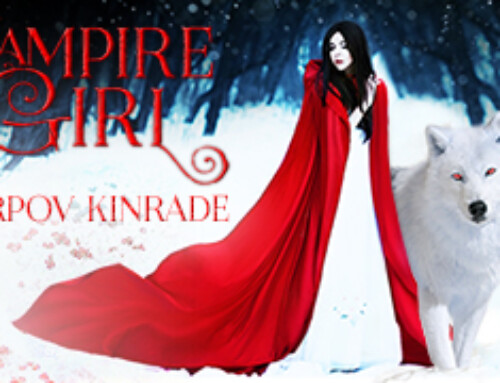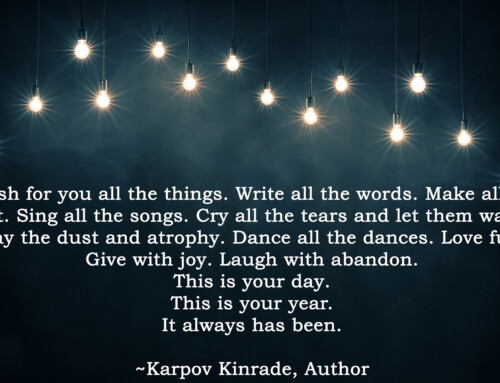 We woke up this morning to discover that the entire Seduced Saga and Kiss Me in Paris have been pulled from Kobo during a company-wide sweep in which they unpublished all books that had been uploaded through Draft2Digital, among other places. At this point, we haven’t been told directly WHY Kobo unpublished EVERYTHING from EVERYWHERE, but we can surmise that it’s because of this article in The Kernel that went on the attack against Amazon and other retailers that published boundary pushing (but legal) erotica with titles that, we admit, we aren’t personally turned on by, but which make clear in the product description aren’t illegal.
We woke up this morning to discover that the entire Seduced Saga and Kiss Me in Paris have been pulled from Kobo during a company-wide sweep in which they unpublished all books that had been uploaded through Draft2Digital, among other places. At this point, we haven’t been told directly WHY Kobo unpublished EVERYTHING from EVERYWHERE, but we can surmise that it’s because of this article in The Kernel that went on the attack against Amazon and other retailers that published boundary pushing (but legal) erotica with titles that, we admit, we aren’t personally turned on by, but which make clear in the product description aren’t illegal.
According to an article on The Digital Reader,
“The Daily Mail, On The Media, BBC News, and a couple dozen authors on KBoards are all reporting that content is being deleted right and left.
The ebookstores are sweeping a wide broom in the process, with WH Smith even going so far as to shut down their website.”
[/box]What’s so alarming is that only self-published and indie authors are being targeted. They are going after content that potentially depicts incest, rape or bestiality in erotic fiction, but are conveniently leaving out traditionally published titles that have such content in them. As The Digital Reader points out:
This is a short list of titles. Another example is Game of Thrones, now a popular HBO series, which has sexually explicit sex scenes between a brother and sister.
Why aren’t these titles being pulled? And why would KOBO, WH Smith (and potentially B&N and Amazon) react so violently to one article about a few questionable titles? None of our books have anything remotely questionable in them in regards to these themes. There’s no incest, no one is underage, and there’s no bestiality or rape, yet all of our titles, regardless of genre, were pulled from KOBO. We, of course, are hoping it stops there or we’ll be explaining to our children why they have to leave their school, lose their house and stop eating (since we do this gig full-time and depend on our royalties to support our family.)
But this isn’t just about us. There’s a much bigger question posed here about what liberties we’re willing to lose in the guise of ‘protecting’ us from inappropriate content and material. Already schools are banning books for reasons that make no sense to us. Now we’re looking at books being banned from retail outlets because of the subject matter/title.
Let’s talk about the moral and ethical lines regarding censorship and discrimination. Is this censorship? As one friend/fellow author in a Facebook conversation on this post pointed out: This is a corporate decision. They can sell what they want. She argues it’s not censorship since authors are free to publish elsewhere.
Wikipedia defines censorship as this:
Censorship is the suppression of speech or other public communication which may be considered objectionable, harmful, sensitive, politically incorrect or inconvenient as determined by a government, media outlet or other controlling body. It can be done by governments and private organizations or by individuals who engage in self-censorship. It occurs in a variety of different contexts including speech, books, music, films, and other arts, the press, radio, television, and the Internet for a variety of reasons including national security, to control obscenity, child pornography, and hate speech, to protect children, to promote or restrict political or religious views, and to prevent slander and libel.
[/box]Does this qualify as censorship? It seems the argument could made either way. But we’re amending this post to suggest that if it’s not censorship, perhaps it’s discrimination against Indie authors, since larger publishers are not being targeted by this.
Case in point. Kobo still has Anne Rice’s The Claiming of Sleeping Beauty available. This is erotica that in the first sample chapter has the prince finding a beautiful 15-year-old girl asleep, and he rapes her to awaken her, then makes her his sexual slave. The series explores torture, rape and pedophilia and is erotic in nature. Yet it’s still published on Kobo, despite their reactionary banning of other titles that are not at all erotic.
What’s really going on here?
Should titles that use rape for titillation be allowed on virtual shelves? Should incest be allowed in books? If we answer no to that, what else are we willing to lose? Where do we draw the lines? And who gets to decide? We all have different sensibilities and what I find repulsive someone else might enjoy. And why are only Indie authors being targeted for this particular smack-down?





The bookstores are overreacting!!!
I am a survivor of incest, rape during marriage, along with the fact that said husband made me a prisoner in my own home. I feel even fiction books that tell the stories that are now being violated are educating.
My main point being, a woman or man that has read one of these stories, never asks me “Why did you stay?” They have read about just how low a man (or woman) can make their partner feel. Or read just how crappy or powerless a victim of incest can feel, and not ask, “Why didn’t you tell someone?”
That and I don’t have the right to tell anyone what that can or can not read Except for my 2 children who are both under 18.
I don’t believe the stories you are referring to are the ones being targeted. The stories they are aiming to remove are the ones depicting rape, incest or bestiality with the intent to sexually excite the reader i.e. these scenes are being depicted in a positive light and gratuitous fashion.
I’m sorry you went through that. 🙁
I think what is really going on is that the big publishing houses are putting pressure these vendors to get them to remove indie titles because the publishing houses are miffed that those indie authors are making a go of it without them getting a cut of the profits.
Possibly. We are kicking ass out there! Lol
It’s not censorship, it’s a contract. I believe there are contractual terms in all or most self-publishing contracts about the nature of the content, and the author agrees that certain content is not depicted. If you contractually agree not to include certain content, then you are bound by that legal term, like it or not. It looks like censorship, and you can call it censorship, but the fact remains that every company is entitled to decide for itself what it will or will not publish. Suggesting that any company should not be allowed to exclude certain content is like suggesting that supermarkets shouldn’t be allowed to decide they won’t sell sex toys – clearly preposterous when you draw that analogy.
Major publishers have not been subject to the same reaction because they don’t sign the same contract (because that’s the SELF-publishers contract). I suspect that major publishers have agreed a set of terms and conditions with online bookstores, but those contracts won’t be publicly available, probably subject to confidentiality, and therefore we can only speculate as to what is contained therein.
That said, I have read The Claiming of Sleeping Beauty and consider it to be wholly inappropriate content thinly disguised as BDSM but in fact not at all what it purports to be, and would consider it wholly appropriate for such a title to be included within the ambit of recent actions by online bookstores. Sadly, because the bookstores are relying on law of contract and not any statutory or common law obligations, their ability to withdraw that title depends solely on whatever they have agreed with the publisher 🙁
I would agree about it being a contractual issue, EXCEPT that it only targeted self-published books AND took down books that did not violate the contract in any way. All of our books have since been reinstated, but we will not be reimbursed for lost income during that time, despite NOT violating ANYTHING in that contract. And books from big publishers that DO violate the terms of the website (that’s allegedly applied to ALL the books on the site) were never taken down. So, that’s the only reason I feel it’s possibly discrimination.